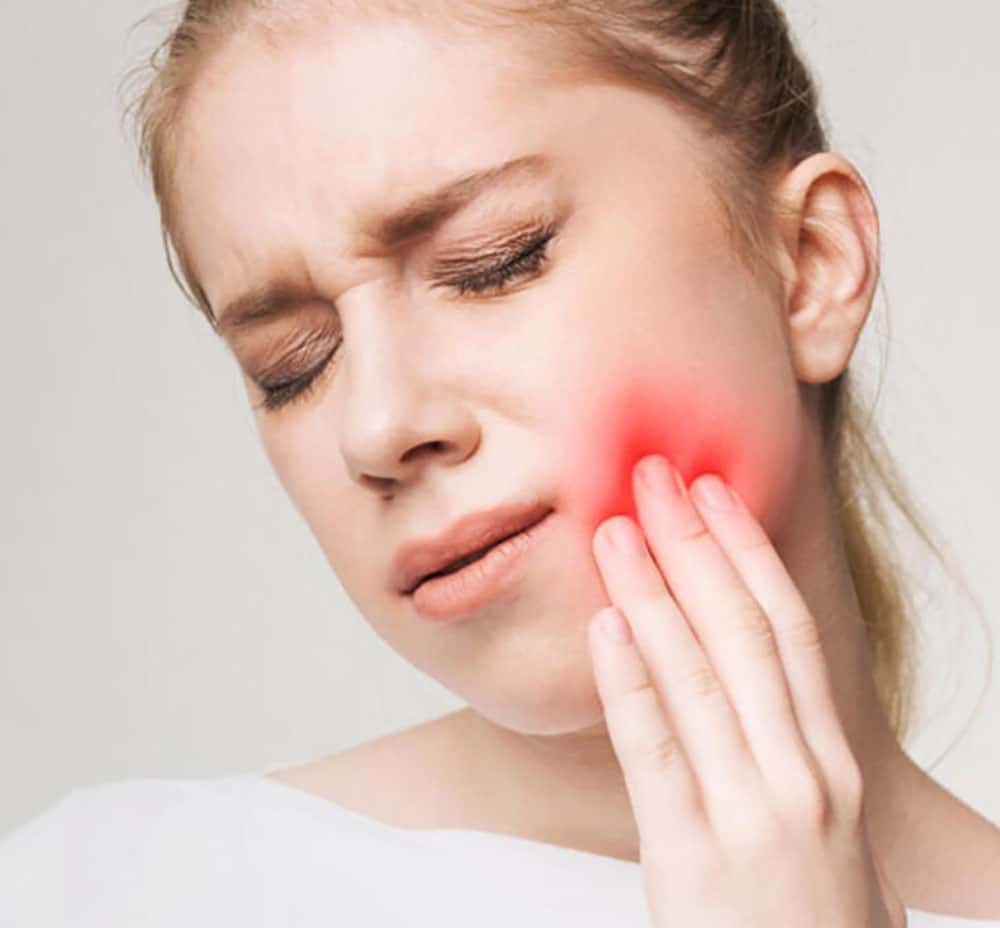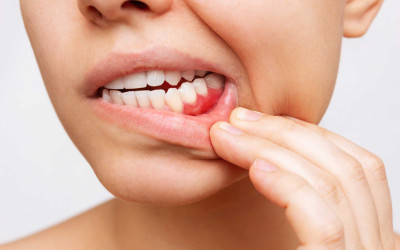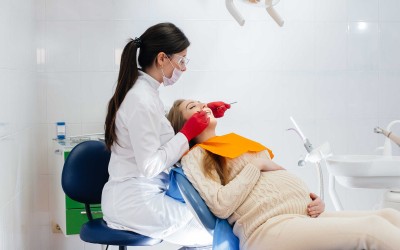What Causes Teeth Tingling?

What Causes Teeth Tingling?
- 26 June 2022
- 138755 views
Tingling is the pain that occurs after the contact of hot, cold, sweet or sour foods and drinks with the tooth.
This content is for informational purposes only and does not replace medical advice, diagnosis, or treatment. Please consult a healthcare professional for any health concerns.
Tingling affects people in all areas of life. The pain felt while drinking and even brushing the teeth seriously reduces the comfort of life. It can occur due to different reasons, and the treatment methods also differ.
WHAT IS TEETH TINGLING?
It is a pain condition that occurs as a result of the contact of the teeth with hot, cold, sweet, sour foods or blows such as tooth brushing. It is seen in almost all patients with dental problems. The severity of this pain is different for each person.
There are nerve endings that are sensitive to pain in the pulp, which is in the innermost layer of the tooth. Stimulation of these nerve endings causes tingling. Toothache is also referred to as tingling because of the sensation it evokes.
Toothache occurs for different reasons. Therefore, in order to be treated, the source of the pain should be investigated first..
WHAT CAUSES DENTAL TINGLING?
Tooth tingling occurs due to many different reasons. It often indicates a problem with the tooth or gum. The main causes of toothache are as follows:
- Decaying
- Abscess
- Infection
- Tooth sensitivity
- Trauma
SYMPTOMS OF TINGLING
- Sharp or throbbing pain may occur. In sharp pains, there is a complaint of sudden tingling in the tooth. In some patients, it is in the form of persistent toothache.
- Depending on the inflammatory process in the tooth, swelling may occur around the tooth. It is often seen in cases such as the tingling of the bottom of the teeth.
- Fever is frequently encountered in toothaches caused by infection.
- Spreading aches can cause headaches.
- While there is no complaint of pain under normal conditions, tingling may occur only as a result of contact with the tooth with hot or cold. Hot or cold sensitivity is often seen with toothache.
- Pain may occur during chewing.
- Bleeding or discharge may be seen around the tooth or in the gums.
- Teeth may break or fall out.
TEETH TINGLING TREATMENT
In some cases, tingling is not caused by the tooth. Therefore, the source of the pain should be determined first. Thanks to dental x-rays, most problems arising from the teeth can be seen.
If tingling is caused by a reason related to oral and dental health, different treatments are applied. Treatment is determined by the cause of the pain. The treatments are as follows:
- Tooth filling: It is the repair of decayed or broken teeth with various materials.
- Capping: It is a treatment method used in deep bruises that are very close to the nerve. Instead of removing the nerves, the nerves are covered so that the tooth does not lose its vitality.
- Root canal treatment: It is the treatment method used in the inflammation of the nerves in the tooth as a result of the progression of caries. It is used in cases where the filling is not sufficient.
- Apical resection: In some cases, root canal treatment is not sufficient to relieve inflammation. For this reason, it is necessary to remove the inflamed area at the root end of the tooth in the bone. This treatment method is called apical resection.
- Desensitization: It includes the use of desensitizing products.
- Night plaque: It is used to protect the teeth and jaw structure during sleep. If there is a tingling due to clenching or grinding of the teeth, night plaque can be used in the treatment.
- Tooth extraction: Teeth that cause pain and cannot be repaired are extracted.
WHEN SHOULD I CONSULT THE DENTIST?
- If the tingling is severe,
- If there is any fracture in the tooth,
- If the tingling or pain occurred after tooth extraction and is severe,
- If facial swelling has occurred due to gingival swelling or tingling,
- If tingling continues for a long time.
If tingling caused by caries is not treated, it can cause abscess and infection formation over time. Therefore, dental examination should not be neglected.







